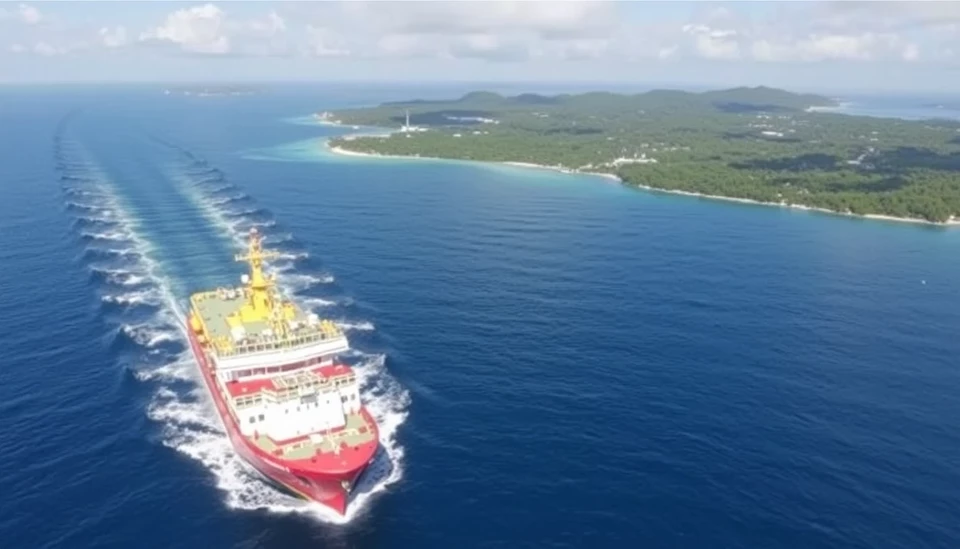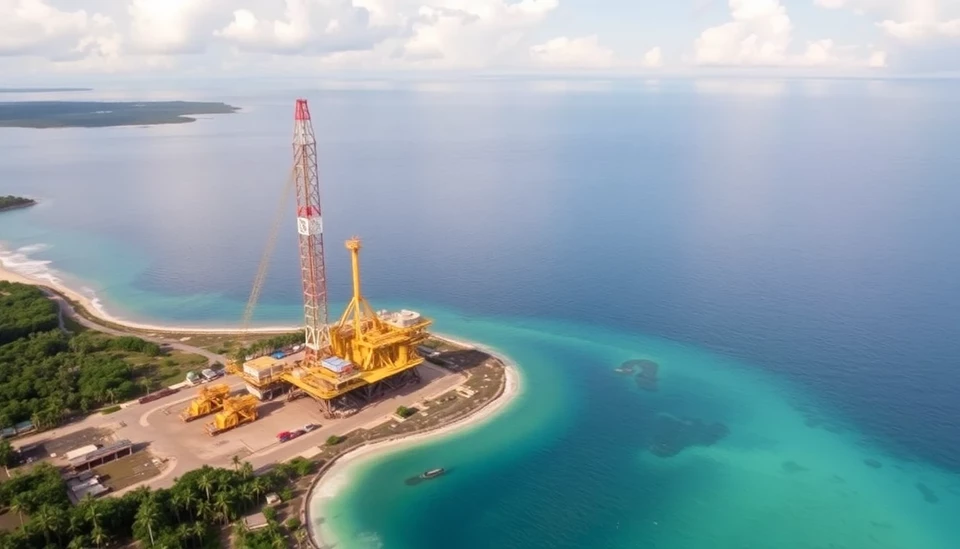
In a significant move to bolster the safety and efficiency of its burgeoning oil industry, the government of Guyana has embarked on an ambitious initiative to remove abandoned shipwrecks from key maritime areas. This proactive measure aims to ensure that oil supply vessels can navigate the waters with greater security and less risk of accidents.
Guyana, which has emerged as a prominent player in the global oil market thanks to the discovery of vast offshore reserves, is keen to establish a reliable and safe operational environment for oil companies and their supply chains. Over recent years, the country has attracted attention and investment from major oil companies drawn by its rich hydrocarbon resources.
The removal of wrecks is part of a broader strategy to enhance maritime safety, particularly as the scale of oil exploration and production ramps up. The abundance of resources has prompted a surge in marine traffic, increasing the likelihood of navigational hazards if derelict vessels are not cleared. Officials believe that eliminating these wrecks will not only reduce the potential for collisions but will also facilitate smoother operations for supply vessels, crucial for the ongoing expansion of the oil sector.
In a statement, the Ministry of Natural Resources expressed its commitment to maintaining a safe and efficient operating environment, emphasizing that maritime safety is a top priority given the implications for both local and international shipping logistics. The initiative has garnered noticeable support from industry stakeholders, who view the move as essential for sustaining the growth of the maritime industry, which is vital for oil production and distribution.
Guyana's efforts resonate with the ongoing global push for improved infrastructure and safety in regions experiencing rapid industrial growth. The oil sector's potential is transformative for the country's economy, with revenue projections promising significant benefits to national development. Nonetheless, with rising opportunities come increased responsibilities to manage and secure maritime activities effectively.
As Guyana continues to build on its oil production capabilities, this initiative to clear wrecks will undoubtedly play a crucial role in supporting operational success and ensuring that the nation remains a competitive player on the world stage. The government's active stance in addressing these safety concerns reflects its dedication to fostering an environment that promotes responsible resource management while safeguarding maritime navigation.
The successful execution of this project is anticipated to yield not only immediate safety advantages but also long-term benefits for the nation's marine ecosystem and economic landscape, allowing Guyana to harness its resources while mitigating risks associated with maritime operations.
With Guyana poised for continued growth in its oil industry, this strategic decision represents a key step in ensuring that safety keeps pace with expansion efforts. As the country looks to solidify its position as an emerging oil giant, the removal of wrecks serves as a clear message of commitment to best practices in maritime safety and environmental stewardship.
As this initiative unfolds, stakeholders within and outside the oil sector will undoubtedly keep a close eye on its impact, hoping to see a reduction in navigational hazards that can jeopardize both investments and the well-being of the maritime community.
In conclusion, as Guyana navigates the complexities of its oil boom, undertaking such crucial measures reflects a balance between seizing economic opportunities and maintaining responsible oversight in managing its waterways.
#Guyana #MaritimeSafety #OilIndustry #SupplyChain #Infrastructure #ShipwreckRemoval #EnvironmentalStewardship #EconomicGrowth #OilBoom
Author: Victoria Adams
